It’s no exaggeration to say that Killarney was the birthplace of the Irish tourist industry. From the eminent Victorians who flocked to its lakes and mountain views, to the hundreds of thousands of overseas visitors who throng its streets today, Killarney’s appeal is magnetic and universal.
After two centuries of welcoming, feeding and entertaining guests from far-flung shores, hospitality is second nature to the people of Killarney. The town is ringed by some of the most spectacular parkland in Europe. Killarney National Park covers 10,000 hectares and forms a unique ecosystem – home to herds of red and sika deer, as well as to Ireland’s largest remaining expanse of native forest.
However, not all is rosy in the garden of Kerry. Rhododendron ponticum, an invasive species introduced as hunting cover in the 19th century, has colonised large swathes of the National Park. Although it thrives in the Kerry climate, the species is non-native to Ireland. Its glossy leaves and striking purple flowers are toxic to native species, giving rhododendron ponticum free rein to grow to vast heights and crowd out indigenous plants and trees.
The National Parks and Wildlife Service are fighting a constant battle against the scourge of the rhododendron. The most recent such initiative saw dozens of men’s sheds members descend upon Killarney to smite the dreaded shrub. In response to a call from Killarney-based Haven pharmacist Finbarr Kennelly, they came from sheds throughout Ireland to join the battle.
The full rollcall is impressive – sheds from Armagh, Monaghan, Galway, Leitrim, Dublin, Louth, Cork, Kerry and Kildare were represented, under the expert instruction of Tim Cahillane from the National Parks and Wildlife Service and Johnny Maguire of Killarney Mountain Meitheal.
As well as two-and-a-half days of hard, fulfilling volunteer work in the spectacular setting of the park, the men were accommodated free of charge in some of Killarney’s top hotels, with the support of the Killarney Chamber of Tourism and Commerce. A constant refrain of the visit was the men’s sheds members’ appreciation and gratitude for the kindness shown to them by the town and people of Killarney.
John Sullivan travelled down as a member of the Donaghmede Men’s Shed delegation, and was deeply struck by the generosity of spirit he found among the people and hoteliers of Killarney, and by the importance of the rhododendron control programme.
“We were wondering, coming down on the train, why they haven’t got a machine to do this job. Now we know! We’ve been incredibly well looked after. It shows you how important it is to the town of Killarney, that they’re prepared to host this and host it so well,” he said.
Johnny Maguire’s assessment of the week’s achievements was a glowing one: “There was a tremendous amount of time, research and effort put in to organising this. It far exceeded our expectations. By uniting together, we have achieved a great amount of work for the good of our National Park.”
Barry Sheridan of the Irish Men’s Sheds Association was delighted with the men’s engagement and with the support of Haven, the National Park and the Killarney Chamber of Tourism and Commerce.
“The hotels have been brilliant, the welcome has been amazing, the men have had a great time and the park are delighted with the amount of work they’ve done”.
Finbarr Kennelly of Haven said the project showed Killarney at its best: “If you ask businesses in Killarney to help out with a worthwhile local project, it’s never a problem. People are always generous and willing to help – I think Killarney is unique in that way.” CL





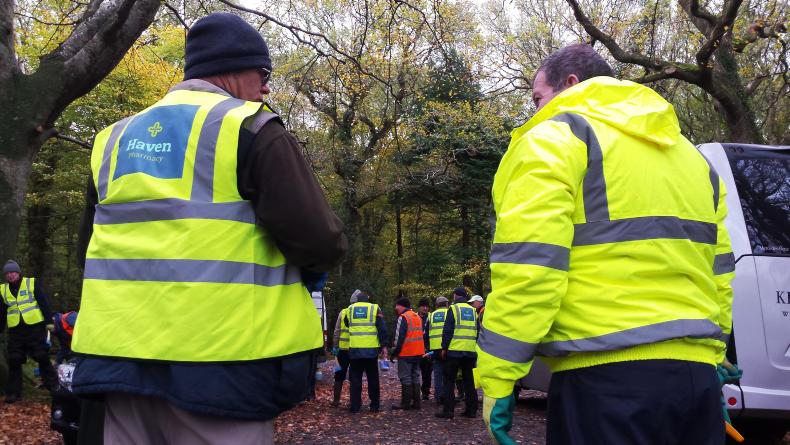
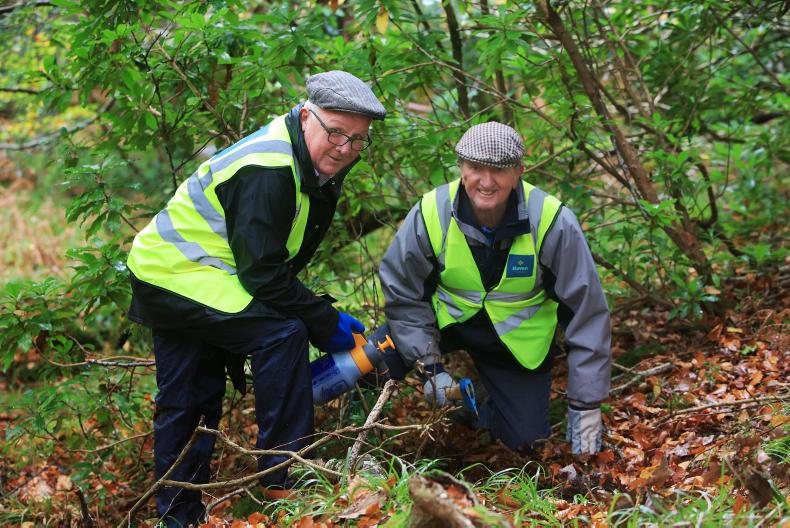
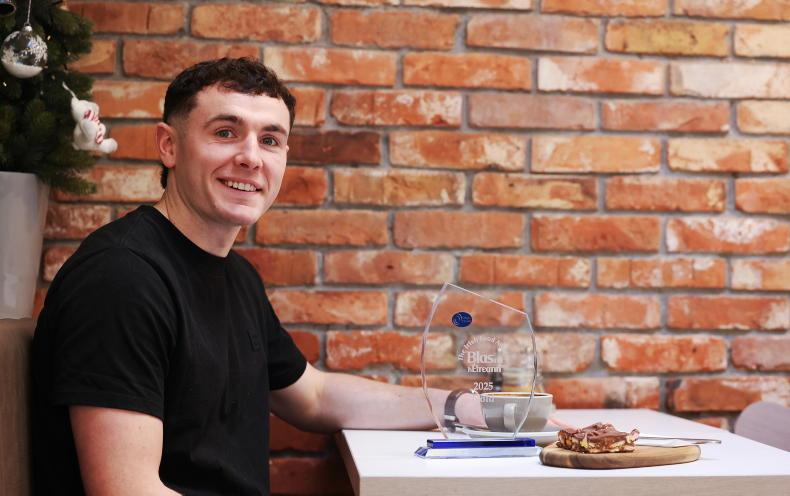
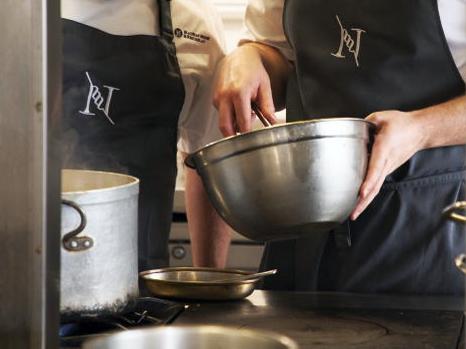
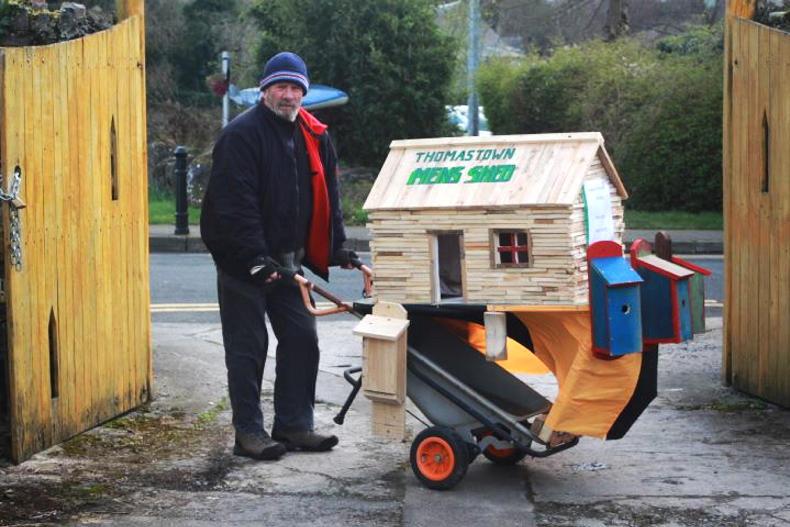
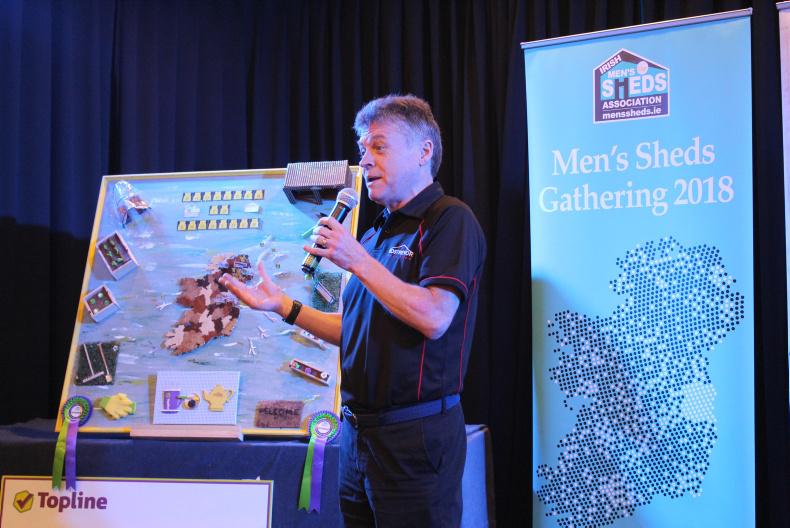
SHARING OPTIONS